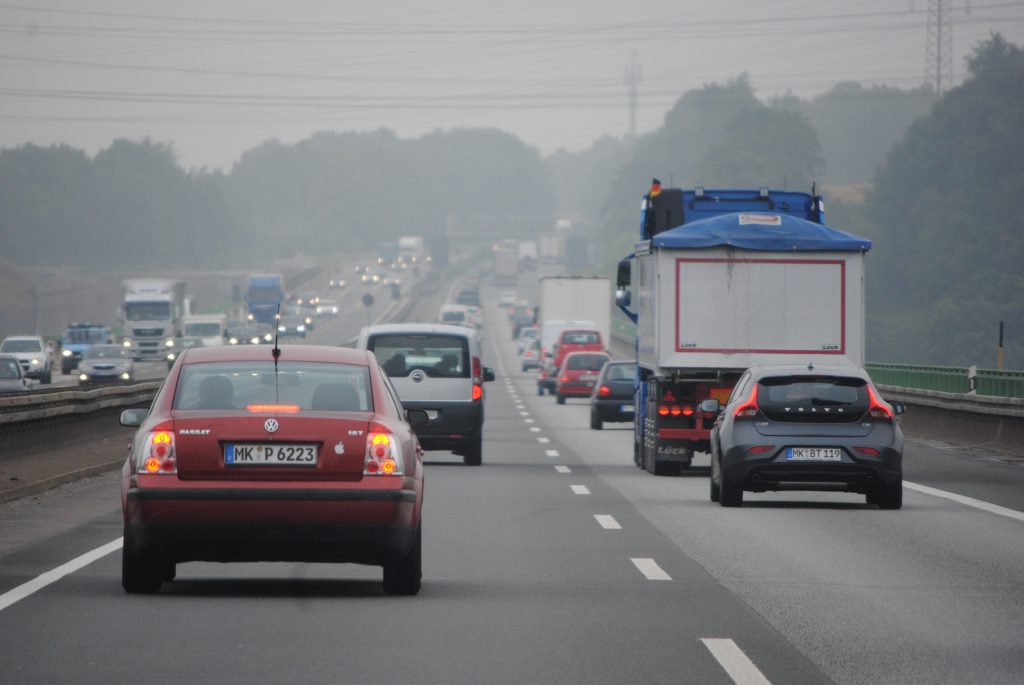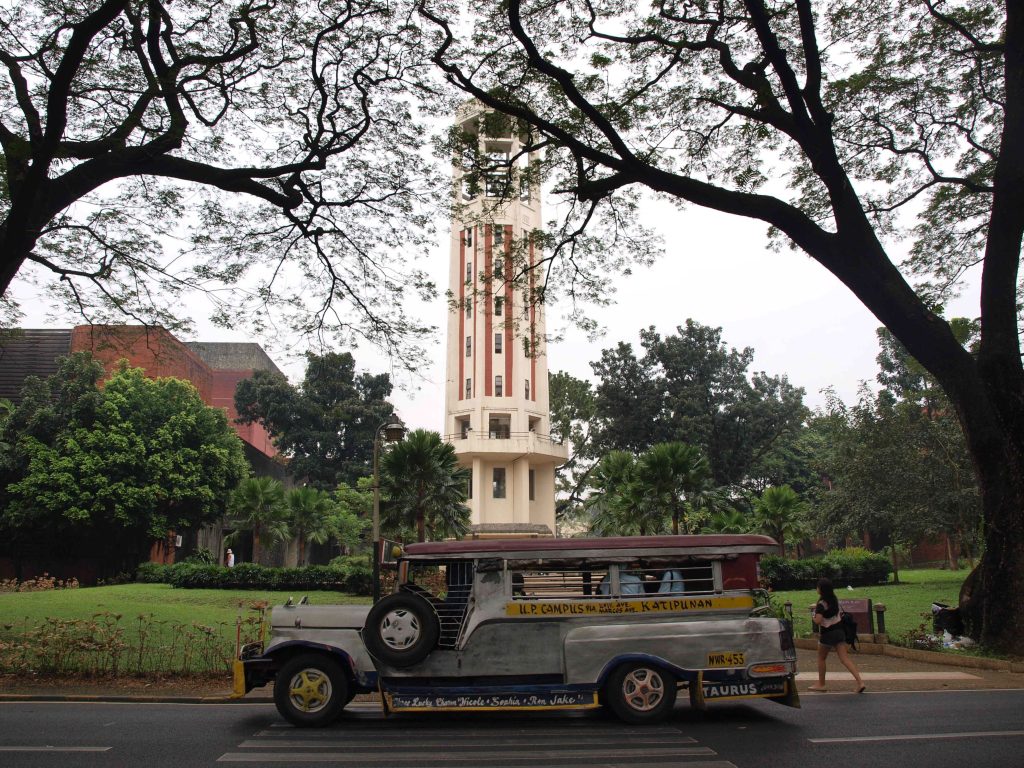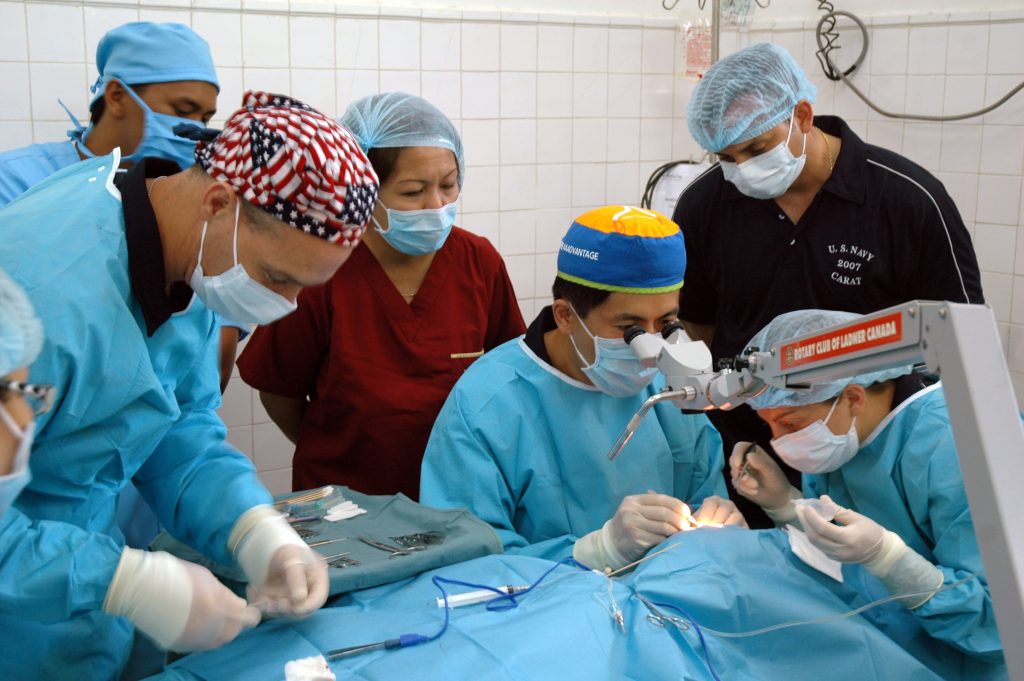 Countless people are at risk of being in a car accident every day. Imagine you are on your usual morning commute to work, but suddenly someone rear-ends you causing injuries that change your life forever. You deserve to be compensated as much as you can to restore yourself to the state you were in before the accident. However, what happens when the defendants appeal the amount of damages you are supposed to receive?
Countless people are at risk of being in a car accident every day. Imagine you are on your usual morning commute to work, but suddenly someone rear-ends you causing injuries that change your life forever. You deserve to be compensated as much as you can to restore yourself to the state you were in before the accident. However, what happens when the defendants appeal the amount of damages you are supposed to receive?
On December 9, 2013, a traffic accident occurred when the automobile operated by the defendant, Justin Wascom, Jr., owned by his employer, Clean Water Opportunities, Inc. (“Clean Water”), and insured by Hallmark Specialty Insurance Company (“Hallmark Insurance”), rear-ended the automobile operated by the plaintiff, Evette Neal. Mr. Wascom was driving the automobile when he rear-ended Ms. Neal’s vehicle. Her vehicle hit the side concrete wall, left the roadway, flipped over, hit a tree, and finally stopped in a canal. Ms. Neal filed suit against Mr. Wascom, Clean Water, and Hallmark Insurance, seeking damages for injuries to her neck, back, shoulders, legs, chest, sternoclavicular (“SC”) joint, collarbone, hands, and fingers allegedly sustained as a result of the accident.
On March 15, 2016, a trial was conducted as to the issue of damages. At trial, the parties stipulated to liability and insurance coverage. On April 1, 2016, Ms. Neal was awarded various amounts for general damages, medical expenses, future medical expenses for continued operations, lost wages, and all costs of the proceedings. However, Mr. Wascom and Hallmark Insurance appealed stating there was an error as to the amount of general damages awarded to the plaintiff. The defendants argued that the trial court abused its discretion in awarding $700,000 to Ms. Neal for her injuries. These injuries included a partially dislocated SC joint, a strained shoulder, a strained neck, and a strained back. However, the defendants assert that Ms. Neal already had neck and shoulder injuries prior to the accident and they were only made worse by the accident. The defendants also asserted that she only missed one month of work and she now has full range of motion in her shoulder and arm.
 Louisiana Personal Injury Lawyer Blog
Louisiana Personal Injury Lawyer Blog


 If you want to decline uninsured/underinsured (“UM”) coverage, you might think it is sufficient to merely tell your insurer you do not want UM coverage. However, under Louisiana law, there are strict requirements with which you must comply in order to validly waive UM coverage. What happens if the insured does not follow those formal requirements?
If you want to decline uninsured/underinsured (“UM”) coverage, you might think it is sufficient to merely tell your insurer you do not want UM coverage. However, under Louisiana law, there are strict requirements with which you must comply in order to validly waive UM coverage. What happens if the insured does not follow those formal requirements?  We all expect the government to take appropriate measures to keep roads safe. If you or a loved one has been harmed from an unsafe road condition, you might be able to file a lawsuit against the Department of Transportation and Development.
We all expect the government to take appropriate measures to keep roads safe. If you or a loved one has been harmed from an unsafe road condition, you might be able to file a lawsuit against the Department of Transportation and Development.  “Causation is an issue of fact.” “It is the test for determining the causal relationship between an accident and an ensuing injury.”
“Causation is an issue of fact.” “It is the test for determining the causal relationship between an accident and an ensuing injury.”  Car accidents can often give rise to lawsuits with complicated issues of causation and damages. Often, one or both sides will have expert witnesses to help explain complicated issues to the jury. What happens if one side argues the other side’s expert witness should not be allowed to testify as an expert witness?
Car accidents can often give rise to lawsuits with complicated issues of causation and damages. Often, one or both sides will have expert witnesses to help explain complicated issues to the jury. What happens if one side argues the other side’s expert witness should not be allowed to testify as an expert witness? If you purchase an under or uninsured insurance policy, you might expect it to cover you if you are involved in a car accident. However, such insurance policies only apply in limited circumstances. By understanding your under or uninsured insurance policy and what evidence is required to establish your damages, you can avoid surprises down the road.
If you purchase an under or uninsured insurance policy, you might expect it to cover you if you are involved in a car accident. However, such insurance policies only apply in limited circumstances. By understanding your under or uninsured insurance policy and what evidence is required to establish your damages, you can avoid surprises down the road. Why would you appeal a judgment when the jury ruled in your favor? The following case involves a situation where the jury ruled in favor of an injured person, and he was awarded substantial damages. Still, instead of basking in the glow of victory, he chose to appeal the judgment. Why would anyone appeal when the scales of justice have tilted in their favor? The answer to this question lies in the intricate dance of legal strategy, discretion, and the quest for justice. Let’s delve into Kupke’s case to unravel why one would appeal a judgment even when the jury ruled in their favor.
Why would you appeal a judgment when the jury ruled in your favor? The following case involves a situation where the jury ruled in favor of an injured person, and he was awarded substantial damages. Still, instead of basking in the glow of victory, he chose to appeal the judgment. Why would anyone appeal when the scales of justice have tilted in their favor? The answer to this question lies in the intricate dance of legal strategy, discretion, and the quest for justice. Let’s delve into Kupke’s case to unravel why one would appeal a judgment even when the jury ruled in their favor. Although money can never replace a loved one, if you find yourself in the tragic aftermath of a loved one’s death, you might be looking to recover damages from the responsible parties. However, the process of recovering damages can be difficult and emotionally charged. This is especially true if an insurance policy is involved and the insurer argues it is not required to provide coverage.
Although money can never replace a loved one, if you find yourself in the tragic aftermath of a loved one’s death, you might be looking to recover damages from the responsible parties. However, the process of recovering damages can be difficult and emotionally charged. This is especially true if an insurance policy is involved and the insurer argues it is not required to provide coverage.  Automobile insurance policies can help compensate you if you are injured in a car accident. However, it is essential to be aware of potential policy exclusions that limit what you are entitled to recover. This is especially true with uninsured/underinsured motorist (“UM”) insurance because an insurer is allowed to have exclusions, such as the exclusion of vehicles covered by the insurance policy.
Automobile insurance policies can help compensate you if you are injured in a car accident. However, it is essential to be aware of potential policy exclusions that limit what you are entitled to recover. This is especially true with uninsured/underinsured motorist (“UM”) insurance because an insurer is allowed to have exclusions, such as the exclusion of vehicles covered by the insurance policy.  If you prevail in a lawsuit, you might be entitled to various damages. One type of damages available in Louisiana is
If you prevail in a lawsuit, you might be entitled to various damages. One type of damages available in Louisiana is